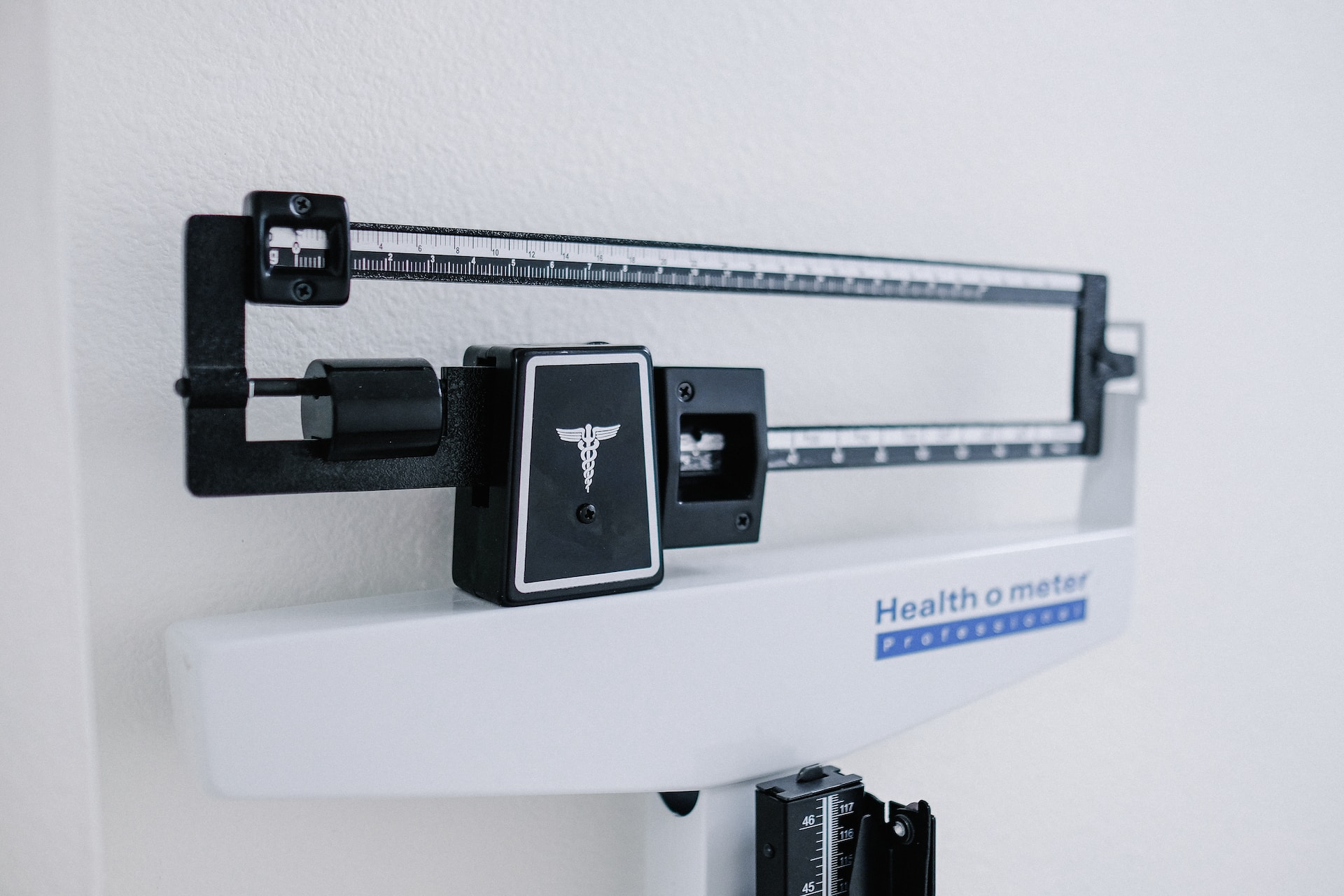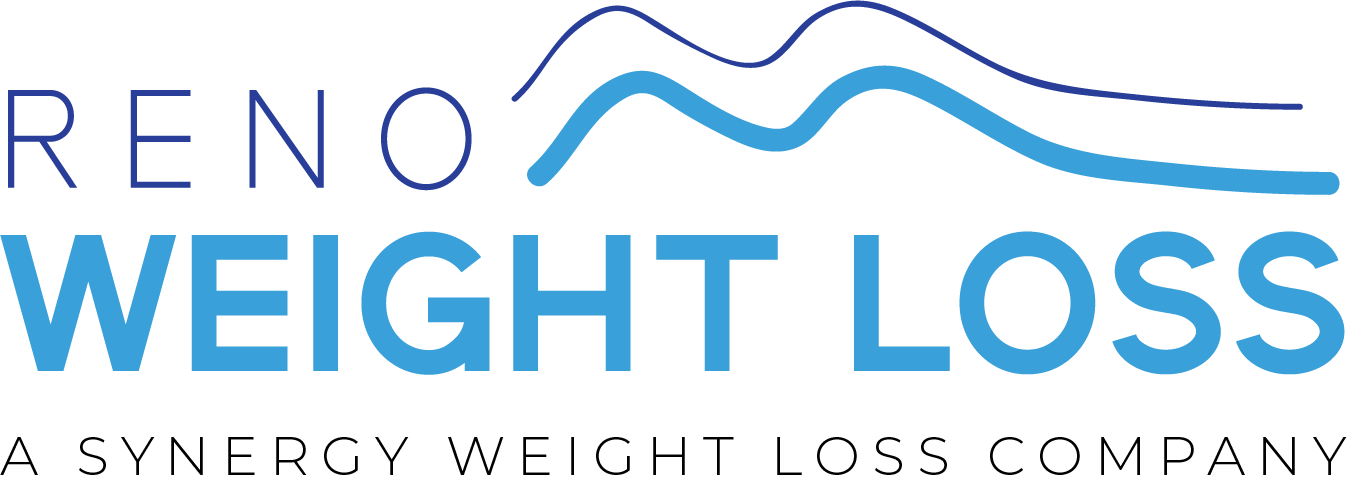
Understanding the Difference Between Weight Loss and Fat Loss
When it comes to your health goals, it’s important to grasp the distinction between weight loss and fat loss. This understanding is crucial for improving overall health and body composition in a mindful and effective manner.
Weight loss typically refers to a decrease in the overall number of pounds on the scale. This can be achieved through calorie burning while maintaining muscle mass. On the other hand, fat loss involves a reduction in size as the body carries less fat. The amount of lean tissue in the body matters more than the numbers on the scale, which might not always reflect this change.
Factors Contributing to Weight Loss
Weight loss occurs when the body expends more energy than it consumes, resulting in a calorie deficit. Various metabolic processes can influence this, and certain medical conditions may accelerate metabolism, leading to unintentional weight reduction.
While there may be different reasons for pursuing weight loss, such as concerns about appearance or health, it’s important to recognize that the effects extend beyond the scale. Taking a holistic approach involves preserving muscle mass while reducing unwanted fat for optimal health outcomes, rather than solely focusing on total body weight.
Distinguishing Between Healthy and Unhealthy Methods
An essential aspect of any wellness journey is differentiating between healthy and unhealthy methods of achieving desired results. Fad diets often promise rapid but short-lived success, potentially leading to harmful side effects like nutrient deficiencies. Instead, it is advisable to adopt long-term, sustainable practices that foster overall well-being alongside targeted goals.
When exploring effective strategies for preserving lean muscle tissue and reducing excess fat, consulting weight loss specialists can provide valuable guidance.
Understanding the Difference Between Fat Loss and Weight Loss
To understand the distinction between fat loss and weight loss, it’s necessary to consider the factors contributing to the body’s overall composition. Bone density, muscle mass, water content, and body fat all play a role in determining total weight. Therefore, losing pounds on the scale doesn’t necessarily equate to losing pure body fat.
Successful “fat loss” involves focusing on reducing excess adipose tissue while preserving lean muscle mass. It’s important to remember that optimal health outcomes are achieved by lowering excessive fatty accumulations rather than simply focusing on the numbers displayed on weighing instruments.
Instead of relying solely on traditional numerical values, one should aim for improvements in physical form, such as how well clothes fit and measurements of circumference in anatomical regions like the waist-to-hip ratio.
Benefits of Prioritizing Fat Reduction
Focusing on reducing body fat instead of merely losing weight offers several advantages for a healthier and more vibrant you. Targeting fat reduction helps maintain or improve lean muscle mass while shedding unwanted adipose tissue. This enhances physical appearance, boosts overall strength and endurance levels, and positively contributes to metabolic regulation. Increased muscle mass makes it easier for the body to burn calories, even at rest.
Furthermore, prioritizing fat reduction supports better cardiovascular health by reducing unhealthy visceral fats surrounding vital organs like the heart and liver. By decreasing these harmful accumulations, the risks associated with chronic diseases such as hypertension or type 2 diabetes—commonly connected to obesity-related issues—are lowered.
Decreasing excess fat storage can also encourage the development of habits that benefit overall well-being.
Key Considerations When Pursuing Weight Loss or Fat Loss
When deciding whether to focus on weight loss or fat loss, it’s crucial to evaluate your health needs and fitness objectives. Consider the following factors:
Health Conditions: If you’re overweight and dealing with high blood pressure, diabetes, or other obesity-related issues, losing overall body mass could alleviate symptoms.
Desired Physique: For a leaner look without significant numerical weight reduction, concentrate on lowering body fat percentage while maintaining muscle mass through balanced nutrition and resistance training.
Athletic Performance: Athletes often strive for improved strength-to-weight ratios by shedding excess fat instead of solely decreasing total pounds. This can enhance stamina in sports that require agility and quickness.
Metabolism Rate: Increasing muscle tissue can raise your resting metabolic rate, promoting greater calorie burn even during periods of rest. This is beneficial for maintaining lower body fat levels in the long term.
Realistic Expectations: It’s important to understand that a healthy transformation takes time. Avoid crash diets that promise rapid results at the expense of essential nutrients needed for proper bodily functioning.
Monitoring Energy Intake and Output: Achieving sustainable balance involves tracking consumption and expenditure adaptively, without excessive restrictions or macronutrient imbalances.
Professional Advice for Achieving Your Goals
Seeking professional guidance can help you achieve your fat loss goals effectively. Health coaches or certified nutritionists can provide personalized plans tailored to your age, activity level, medical history, and lifestyle habits. They possess up-to-date knowledge about various dietary choices that promote healthy fat reduction while preserving lean muscle mass.
With their expertise in behavior change techniques and motivational strategies, they can offer continuous support throughout your journey, helping you turn setbacks into learning experiences.
Working with a reputable weight loss program, such as Reno Weight Loss, can provide multiple benefits. You can gain access to valuable resources, such as meal plans based on recent scientific research on nutrition. Additionally, you can receive useful advice on different types of home workouts, yoga classes, and stretching sessions, which can help maintain your enthusiasm and commitment to the process.
Being personally accountable to someone else can be instrumental in keeping you focused and committed to achieving your goals, leading to sustainable results that benefit both your physique and overall well-being.
In summary, weight loss and fat loss are distinct concepts. Weight encompasses various factors beyond fat, while fat loss specifically refers to reducing excess adipose tissue for improved health metrics and a leaner physique. By understanding these differences and considering individual health needs and goals, one can pursue effective strategies for achieving optimal well-being and body composition.

